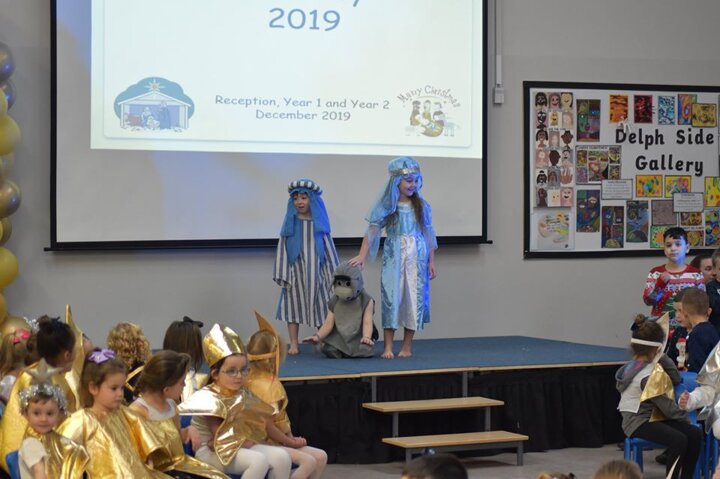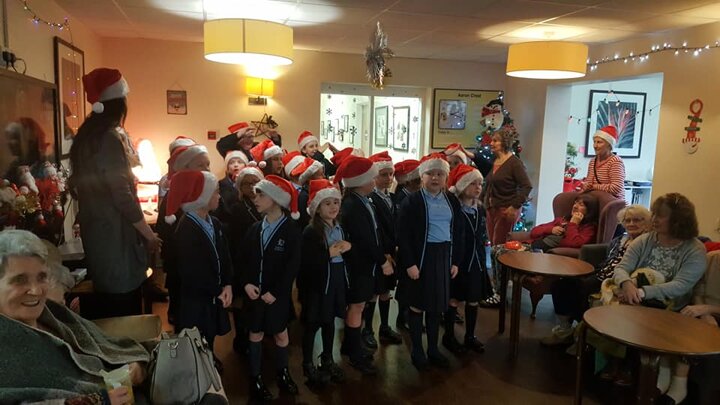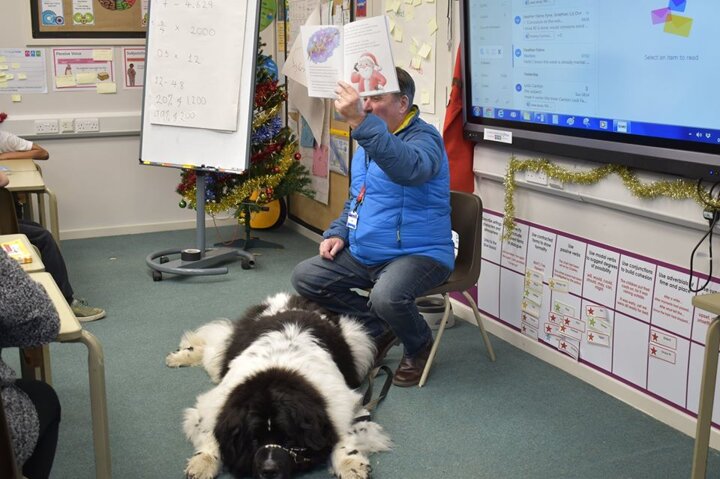British Values
At Delph Side, we promote the British Values of democracy, the rule of law, individual liberty, mutual respect and tolerance of those of different faiths and beliefs. Our aim is to equip our pupils with the knowledge and skills to become successful members of society, fully prepared for life in Modern Britain.
.png)
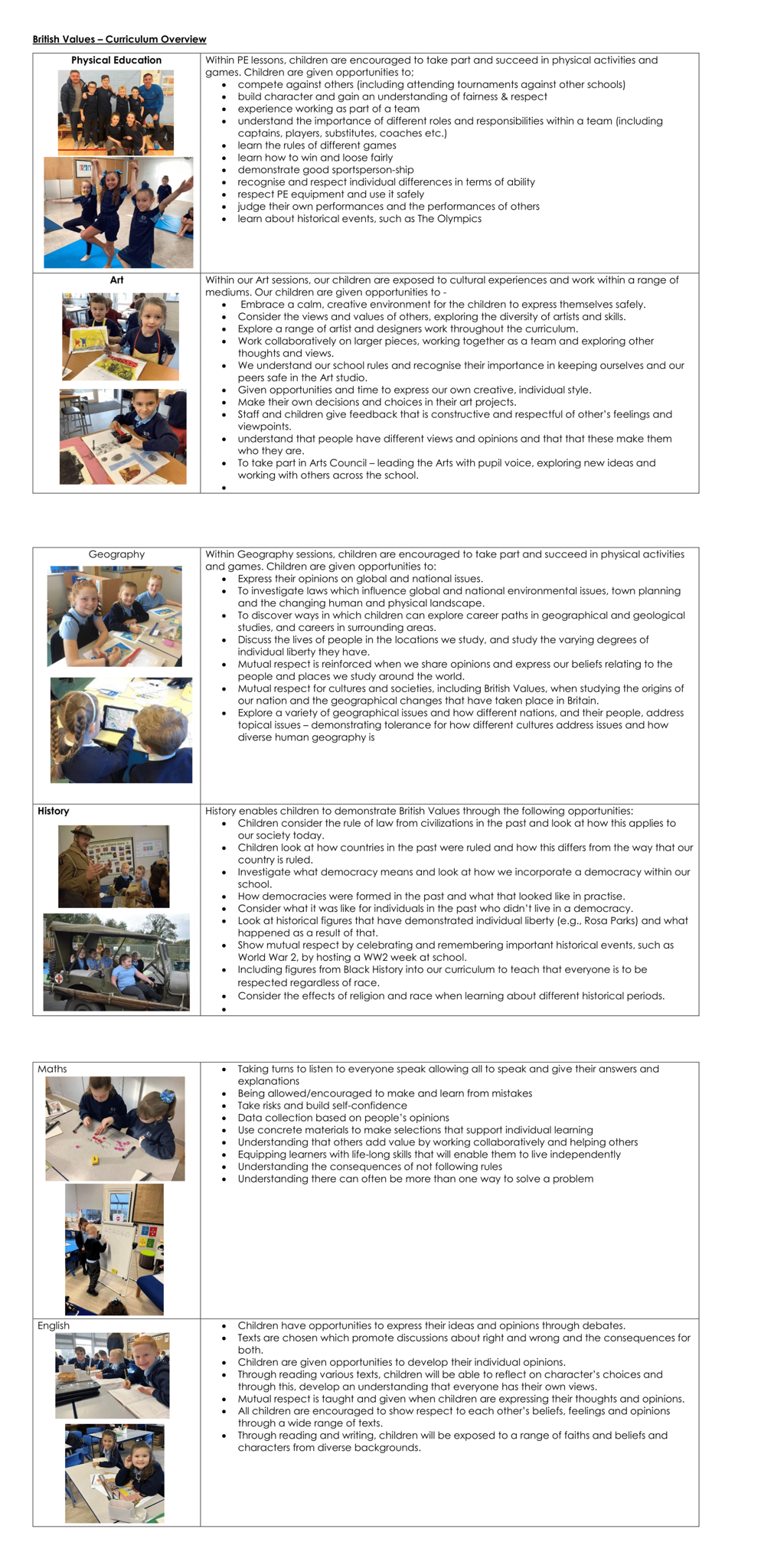
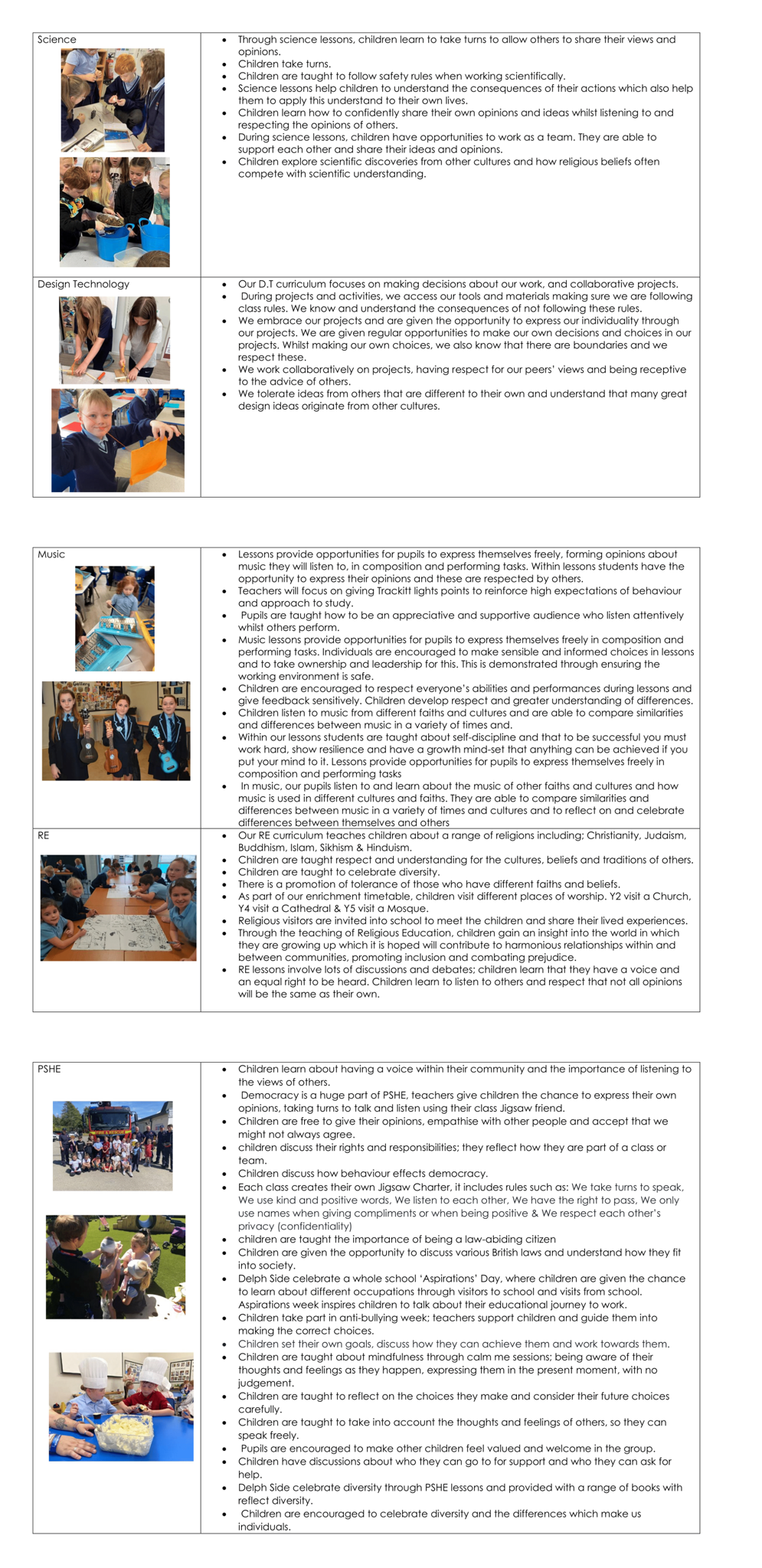
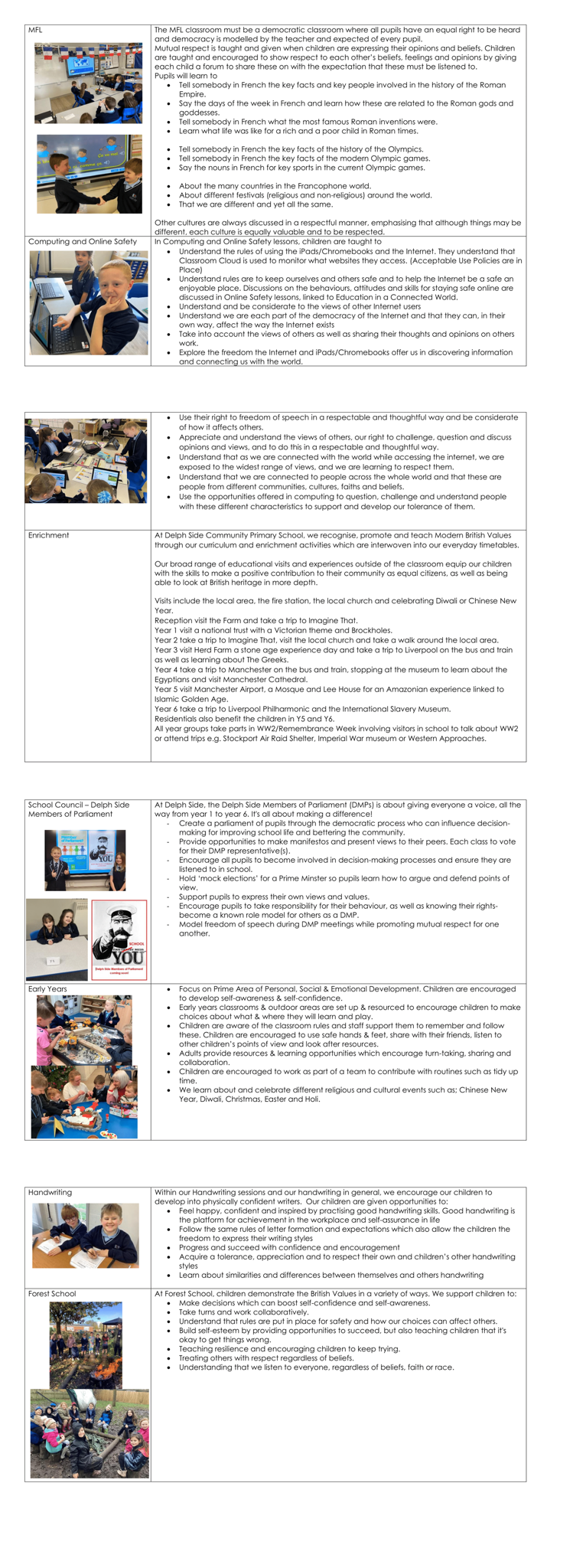
SMSC
SMSC Rationale
British Values
At Delph Side, we promote the British Values of democracy, the rule of law, individual liberty, mutual respect and tolerance of those of different faiths and beliefs. Our aim is to equip our pupils with the knowledge and skills to become successful members of society, fully prepared for life in Modern Britain.
Democracy
Our children are listened to and we teach them the importance of listening to and respecting the views of others. Pupils know that their voice is important; there are many occasions when they are asked to express their opinions e.g. voting for uniform changes and holding mock elections to elect school councilors, attending SHARES Pupil parliament events, visiting the Mayor's Parlor. Pupils develop a good understanding of the democratic process and how they can influence decision making. Within lessons teachers encourage children to defend a point of view and work collaboratively as part of a team.
The Rule of the Law
School rules are central to creating the warm and happy environment here at Delph Side. Children are taught the difference between right and wrong. They learn that this is crucially important to ensuring their own well-being and safety both in school and in their wider communities. Behaviour frameworks which are displayed around school clearly state consequences for negative behaviour. All pupils are assigned a house team and they compete each week to win gold coins for their team. We invite parents to celebrate our star pupils with us during a Gathering Assembly every Friday afternoon.
Individual Liberty
Our children are strongly encouraged to make choices and understand their rights and responsibilities. We provide boundaries to ensure that these choices can empower our pupils. In class, teachers allow opportunities for children to have the freedom to decide how they would like to achieve a goal. Each half term, children are given a choice of extra-curricular activities they might like to attend. Children in the EYFS access 'Woodland School' every Monday; this allows them multiple opportunities for risk taking and critical thinking.
Mutual Respect & Tolerance
Respect is a embedded throughout the ethos of our school. Children are respected by all adults and they are expected to show respect to everybody they meet. Our RE curriculum is key to ensuring our children learn to embrace difference but children also have opportunities to appreciate this during JIGSAW & Heart Smart lessons. We hold an annual Faith Week in school were children meet a range of different religious visitors and take part in interactive workshops to consolidate their learning. During assemblies, children learn about key religious celebrations from all over the world.
Prevent
Prevent
What is Prevent?
Prevent is a government strategy designed to stop people becoming terrorists or supporting terrorist or extremist causes.
The Prevent strategy covers all types of terrorism and extremism, including the extreme right wing, violent Islamist groups and other causes.
How does the Prevent strategy apply to schools?
From July 2015 all schools (as well as other organisations) have a duty to safeguard children from radicalisation and extremism.
This means we have a responsibility to protect children from extremist and violent views the same way we protect them from other dangers.
Importantly, we can provide a safe place for pupils to discuss these issues so they better understand how to protect themselves.
What are we doing at Delph Side?
We have six Designated Safeguarding Leads at Delph Side. Miss Hains is our designated Prevent Lead and Thomas Hedderick is our Prevent Link Governor.
All staff receive annual Prevent training and we regularly remind staff of the Prevent strategy during safeguarding briefings.
Our pupils receive a broad and balanced curriculum which incorporates exploring other cultures and religions and promoting diversity. We challenge any prejudice or racist comments.
We develop critical thinking skills to ensure that our pupils have a strong positive self-identity.
During assemblies & classroom discussions, we discuss world issues in an age appropriate manner.
Weekly JIGSAW & Heart Smart sessions in each class help to promote the social, moral, social and cultural development of all pupils.
In November we welcomed Jackie Williams from NEST into school to deliver workshops to each class based on Hate Crime Awareness.
In February, we marked Safer Internet Day with a whole school assembly and age-appropriate activities in each class.
Where can parents get more information?
https://educateagainsthate.com/parents/
https://parentinfo.org/article/preventing-violent-extremism-what-parents-can-do
Frequently Asked Questions
How does Prevent relate to British Values?
Schools have been required to promote British Values since 2014, and this will continue to be part of our response to the Prevent strategy. British values include: democracy, the rule of law, individual liberty & mutual respect and tolerance of different faiths & beliefs.
Isn't my child too young to learn about extremism?
The Prevent strategy is not just about discussing extremism itself, which may not be appropriate for younger children. It is also about teaching children values such as tolerance and mutual respect. The school will make sure any discussions are suitable for the age and maturity of the children involved.
Is extremism really a risk in our area?
Extremism can take many forms, including a political, religious and misogynistic extremism. Some of these may be a bigger threat in our area than others. We will give children the skills to protect them from any extremist views they may encounter, now or later in their lives.
Key Terms
Extremism: vocal or active opposition to fundamental British values such as democracy, the rule of law and tolerance of different faiths and beliefs.
Ideology: a set of beliefs.
Terrorism: a violent action against people or property, designed to create fear and advance a political, religious or ideological cause.
Radicalisation: the process by which a person comes to support extremism and terrorism.


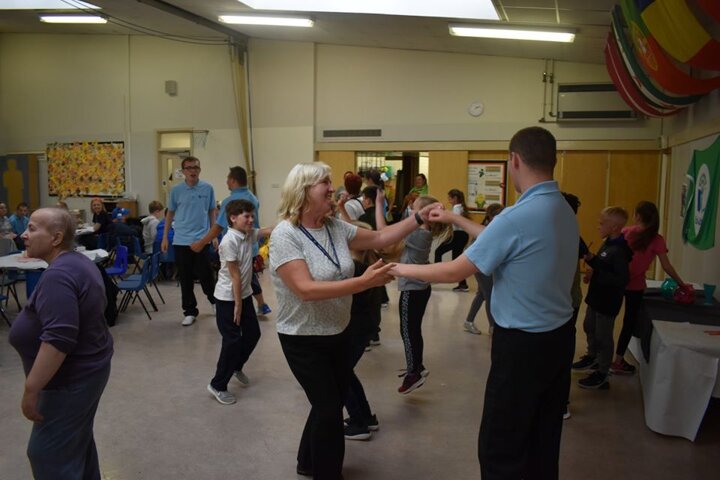
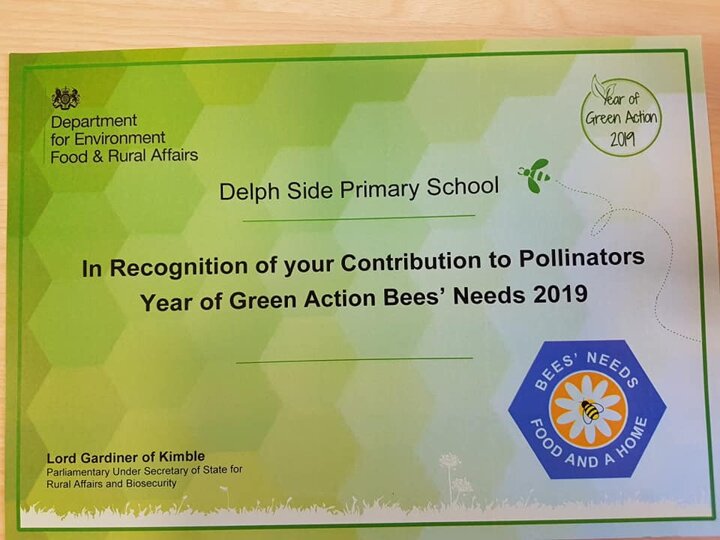

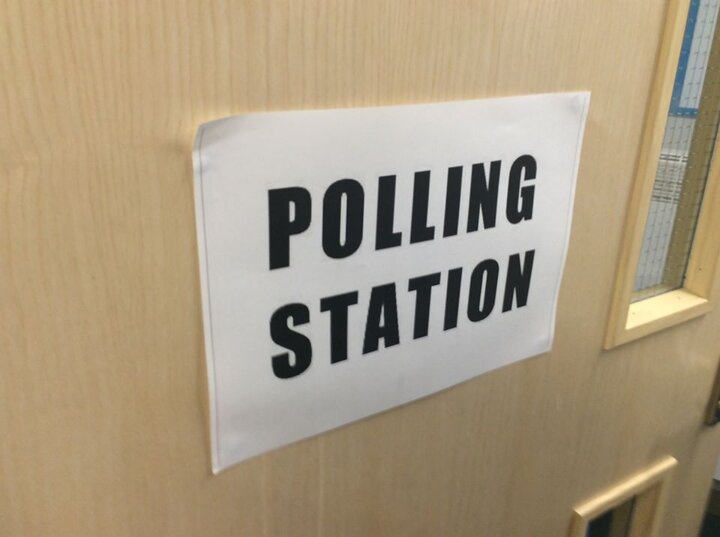
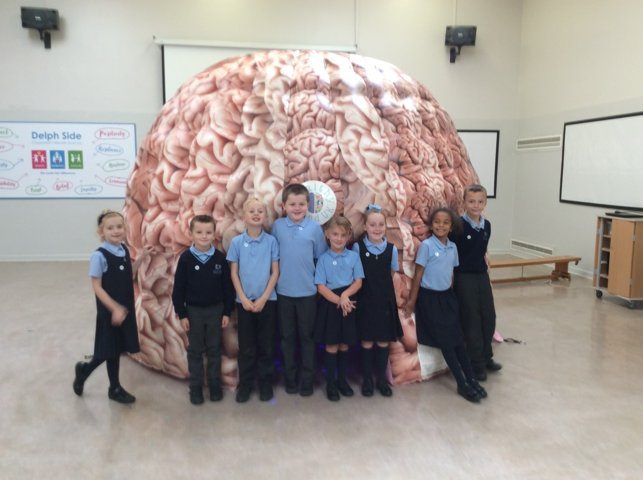
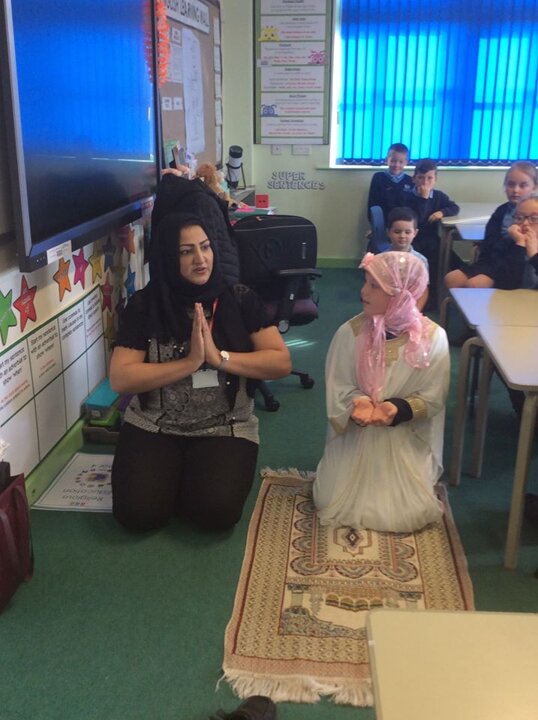
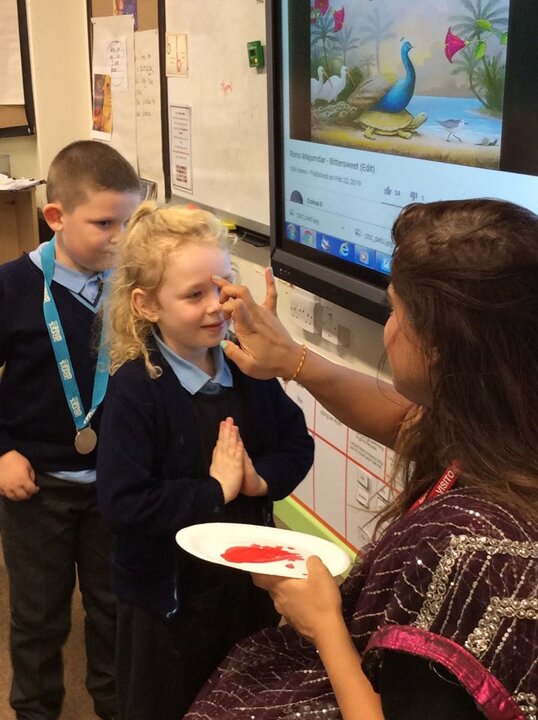
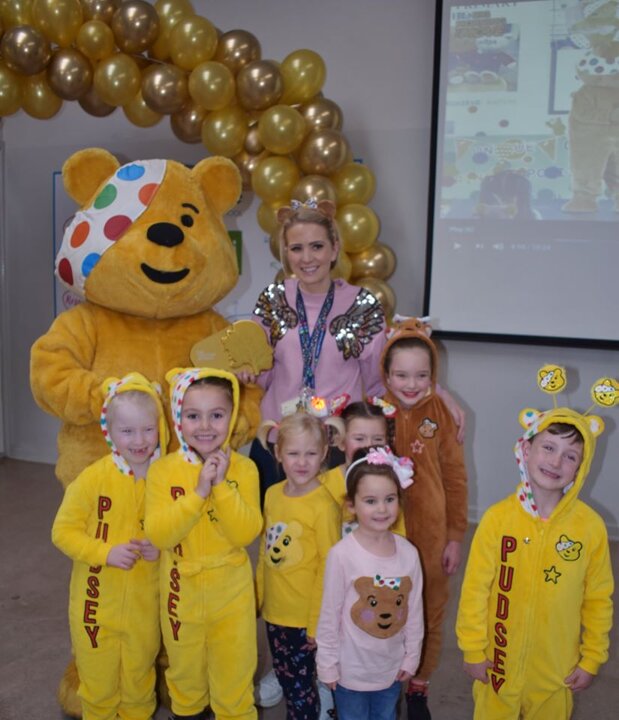
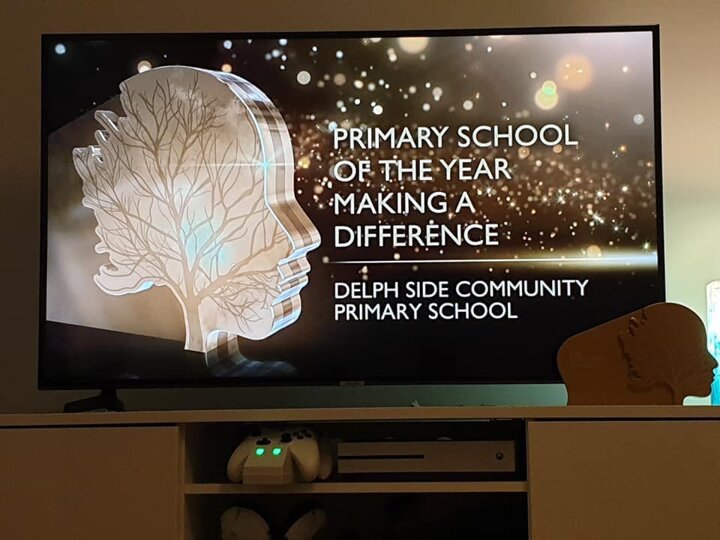
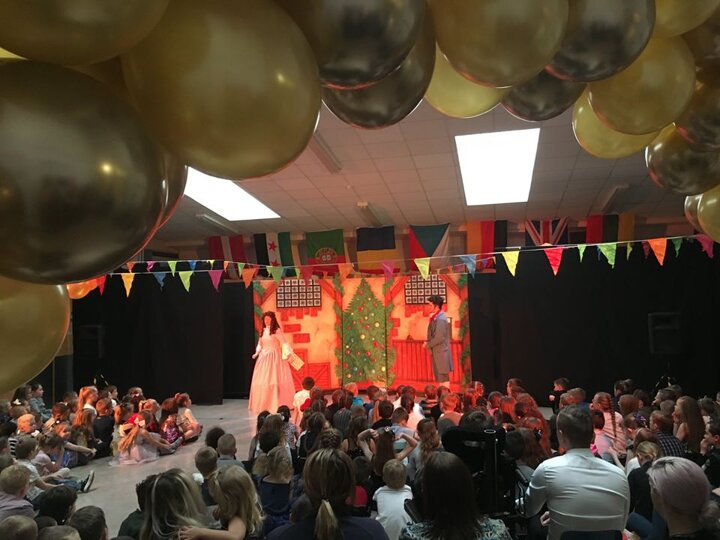
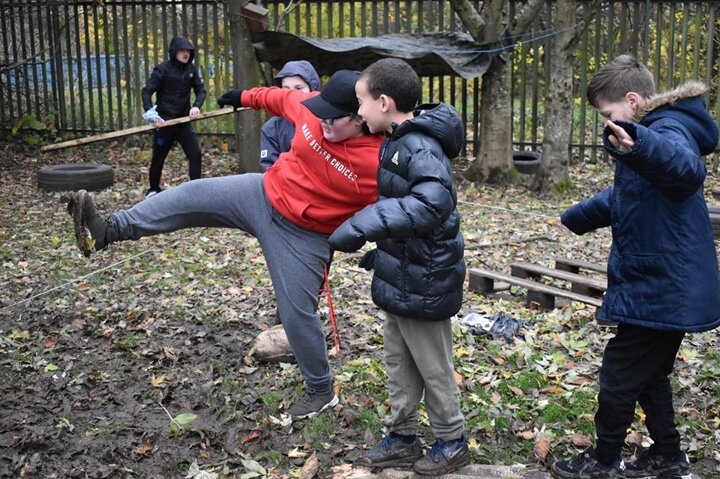
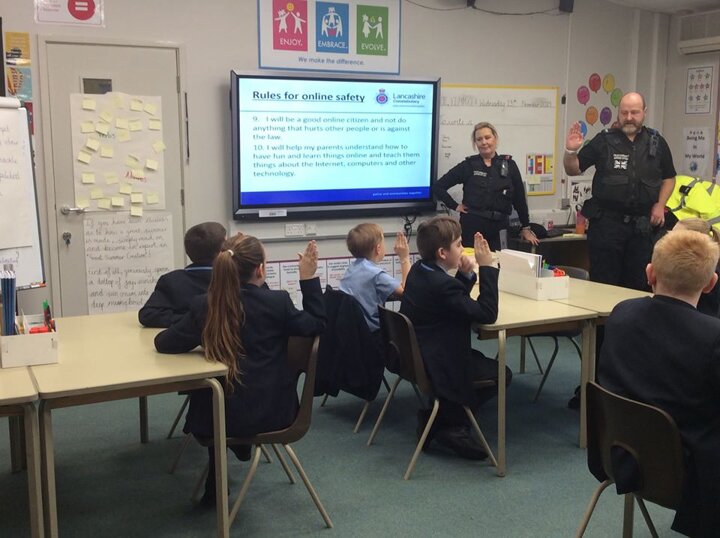

.jpg)






